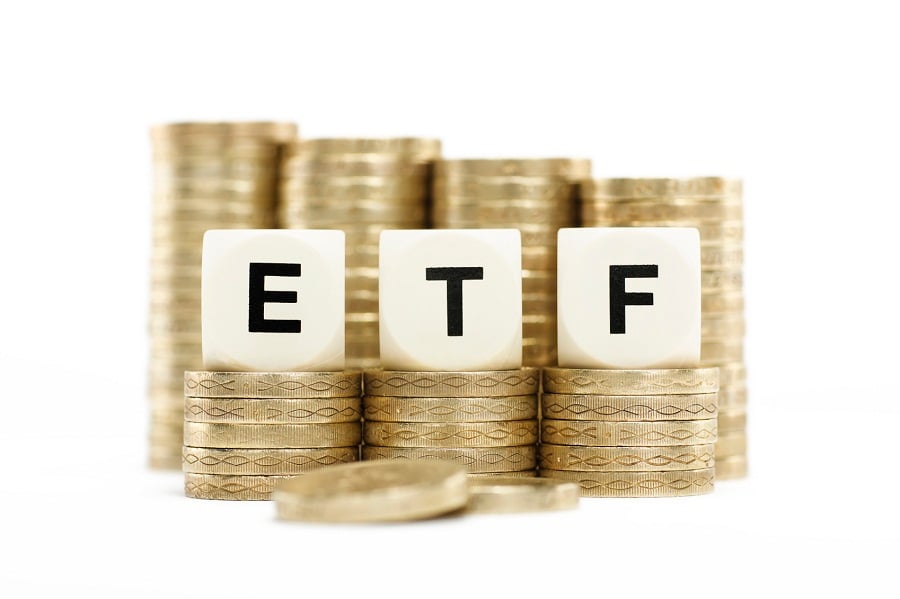

In the latest example of the old-school mutual fund industry reluctantly acknowledging the growing allure of exchange-traded funds, Capital Group Inc. on Friday morning updated the filings for its move into the ETF space with fees that undercut its own mutual funds.
According to filings with the Securities and Exchange Commission, the 90-year-old asset management complex with more than $2.6 trillion under management will be offering lower cost ETF versions with similar objectives to some of its actively managed mutual funds, which are marketed under the American Funds brand.
This is the latest update from Capital Group’s move into the ETF space, which was first reported in August when it became clear the fund company would be launching ETFs under the Capital Group brand, as opposed to leveraging the popular American Funds name.
For example, the Capital Group Core Plus Income ETF (CGCP) will launch early next year with an expense ratio of 34 basis points and is similar to a popular mutual fund, the American Funds Strategic Bond mutual fund (ANBAX), which charges 77 basis points for the highest cost A shares.
The cheapest share class for that mutual fund, F2, is 44 basis points.
Also, the Capital Group Growth ETF (CGCR), which will charge 39 basis points, is also similar to the American Funds Growth Fund of America (AGTHX), charging 61 basis points for A shares.
The F2 share class for that fund is 40 basis points.
Todd Rosenbluth, director of mutual fund and ETF research at CFRA, pointed out the fee differences are largely attributable to 12b-1 fees embedded in the fees of the mutual funds.
“I would note that American Funds mutual funds are relatively cheap compared to comparable mutual funds,” he said. “Mutual funds historically charged higher fees.”
On the same day Capital Group filed to disclose the fees of its new ETF suite, Federated Hermes launched its first-ever ETFs, the Federated Hermes Short Duration Corporate ETF (FCSH) and Federated Hermes Short Duration High Yield ETF (FHYS).
The actively managed transparent fixed-income ETFs by the $643 billion fund company represents the latest is a string of moves into the ETF space for traditional fund complexes this year.
“Demand for actively managed ETFs has accelerated in 2021 in part due to the fact that asset managers are offering compelling strategies in a competitively priced and more tax-efficient format,” said Rosenbluth.

Former Northwestern Mutual advisors join firm for independence.

Executives from LPL Financial, Cresset Partners hired for key roles.

Geopolitical tension has been managed well by the markets.

December cut is still a possiblity.

Canada, China among nations to react to president-elect's comments.
Streamline your outreach with Aidentified's AI-driven solutions
This season’s market volatility: Positioning for rate relief, income growth and the AI rebound
